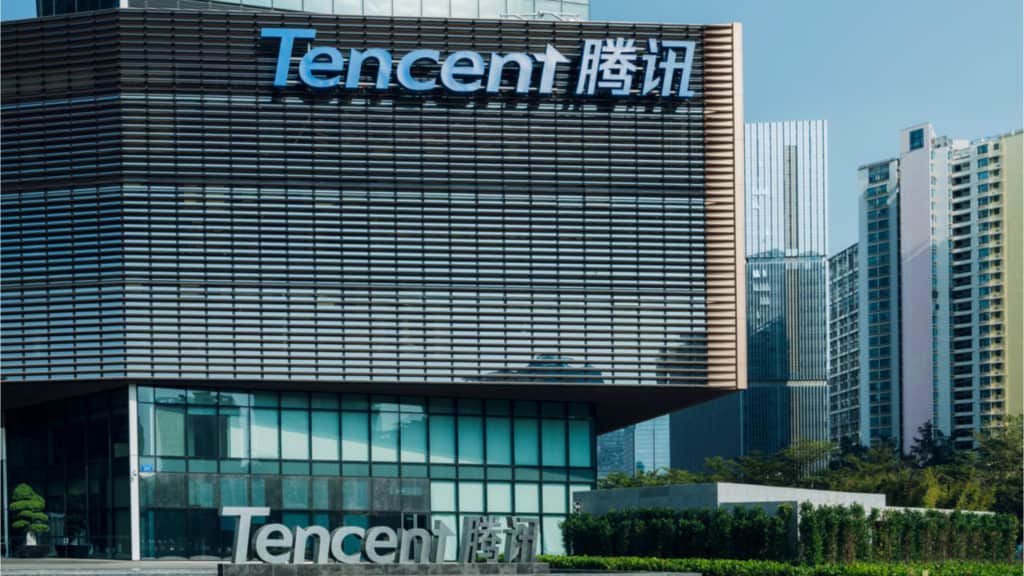Tencent May Face Anti-Competition Laws by Chinese State
- By Craig Robinson
- March 16, 2021

Gaming Verdict is reader-supported. When you buy through links on our site, we may earn an affiliate commission. Learn more
The Chinese government is potentially honing in on Chinese Tech giant, Tencent. The country is currently in the process of targeting large monopolies, with competitive legislation getting established.
Tencent is one of China’s biggest conglomerates, which focuses its trade directly on digital teach and media. The company owns large shares in several Western Game Developers and Publishers, with a 5% stake in Activision Blizzard, a 40% stake in Epic Games, and most notably a 100% ownership of Riot Games products like League of Legends and Valorant.
However, recent Chinese legislation may cause a shakeup in the Western markets. The Chinese government introduced a bill on February 8, tackling the Alibaba group, which has the biggest e-commerce share in China. The deal includes competitive regulations including, prevent companies from solely dealing with one Chinese company, as well as algorithm manipulation and more.
As of March 12, the Chinese government’s State Administration for Market Regulation (SAMR) has fined ten companies for breaching the anti-competition and monopoly laws.
Investors appear worried that Tencent could be the next to be scrutinized by the legislation. On Monday, Tencent had shed more than $60bn (£42bn) from its market value as its share price slid over concerns of upcoming regulation affecting Tencent. There has been a slight growth from the downward Monday trend, but Tencent’s stock has so far failed to recover.
What this could mean for Gaming and Esports
Esports and Gaming companies looking to do business in China require making deals with Chinese business to establish trade in the nation. As it stands, Tencent is the known entity in China that plenty of Western businesses do business with.
However, if the new legislation causes Tencent to get hit with anti-competition laws, then they may be required to sell off assets to other Chinese firms. While there may not be a direct impact on Western players, the companies in Europe already interacting with Tencent may have to find new buyers in China to continue trading in the region. Furthermore, companies looking to interact with the Chinese market may need to find a firm other than Tencent.
China is one of the emerging regions in gaming and esports, with a population just shy of 1.4 billion. The nation recognized esports as a professional career in 2019. Over 664 of that population are considered gamers. The anti-competition laws will likely have a great impact on that player base, and several companies can benefit from its internal market, as well as Western companies looking to enter this huge market.
